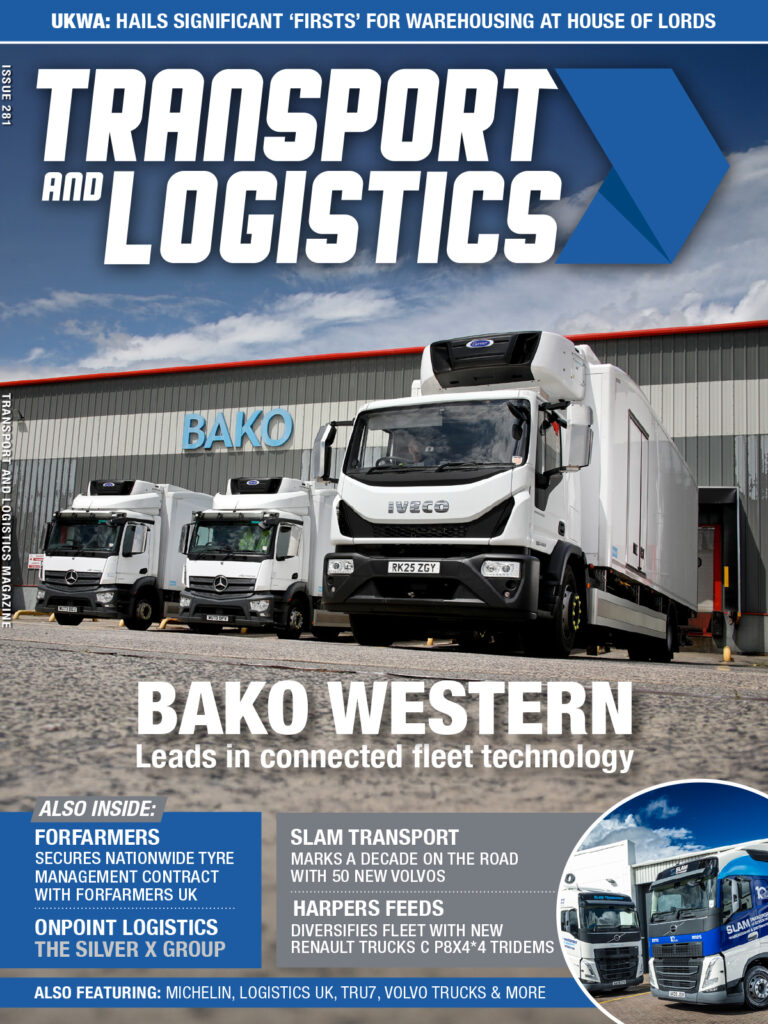The proposal from the European Commission to modify the end date of its contingency measures on road haulage and aviation would give UK logistics operators welcome breathing space as they continue their Brexit preparations, according to FTA, which speaks for the sector. But with both proposals only providing extended access to the EU transport market for an additional seven months (road until end July 2020 and aviation until 24 October 2020), and yet to be adopted into law, operators undertaking business planning for the year ahead still face uncertainty as they look to secure the stability of the UK’s supply chain.
“The news today from the European Commission is welcome,” says Pauline Bastidon, FTA’s Head of European Policy, “as it eases some of the anxieties of UK road and air freight operators, who had been left to wonder whether they could still deliver goods to and from the EU after the end of the year. FTA has been pushing to extend accessibility for logistics operators since Article 50 was extended beyond 12 April this year. The proposal made today is a positive signal and will be welcome by our operator members – we urge the European Parliament and member states to adopt it as quickly as possible.
“However, seven months is a relatively short time in business, and the logistics industry is wary that it could well be left to face yet another cliff edge of uncertainty if a long-term proposal for future road and air access cannot be confirmed with the EU in a timely manner. It is undeniable that the new agreements will help maintain trading relationships in the short term and are better than no agreement at all, but they do not provide a long term, sustainable solution for road haulage and aviation between the UK and EU. The new EU measures will not protect the current operating levels of UK businesses, many of which will find their access to European markets constrained, even with the new accessibility agreements. This is especially true for road haulage.
She continues: “Since Article 50 was triggered, FTA has been pushing Government to prioritise the needs of the logistics industry, in order to protect the UK’s highly interconnected supply chain and ensure that the businesses within it can continue to keep Britain trading, whatever the format that Brexit ultimately takes. Today’s proposal is one piece in the jigsaw puzzle but there are still several key areas where we urgently need further clarity and easements that need to be replicated as soon as possible so that logistics can continue to do what it does best: to keep Britain trading.
“Many of these easements, including those previously conceded ahead of a potential No-deal exit in March, need to be discussed and ratified by the UK’s Parliament, and the recent decision for prorogation will mean that their formal extension may only come at the eleventh hour. This means that, once again, that logistics and supply chain managers are being left with very limited time to make changes to business and operating practices, often significant ones, without full clarity on what the post-Brexit picture might be.
“FTA is calling on government to prioritise the needs of the industry on which Britain’s economy relies and ensure that logistics operators across the country have access to the tools which will enable them to keep Britain trading after the UK’s departure from the EU.”












